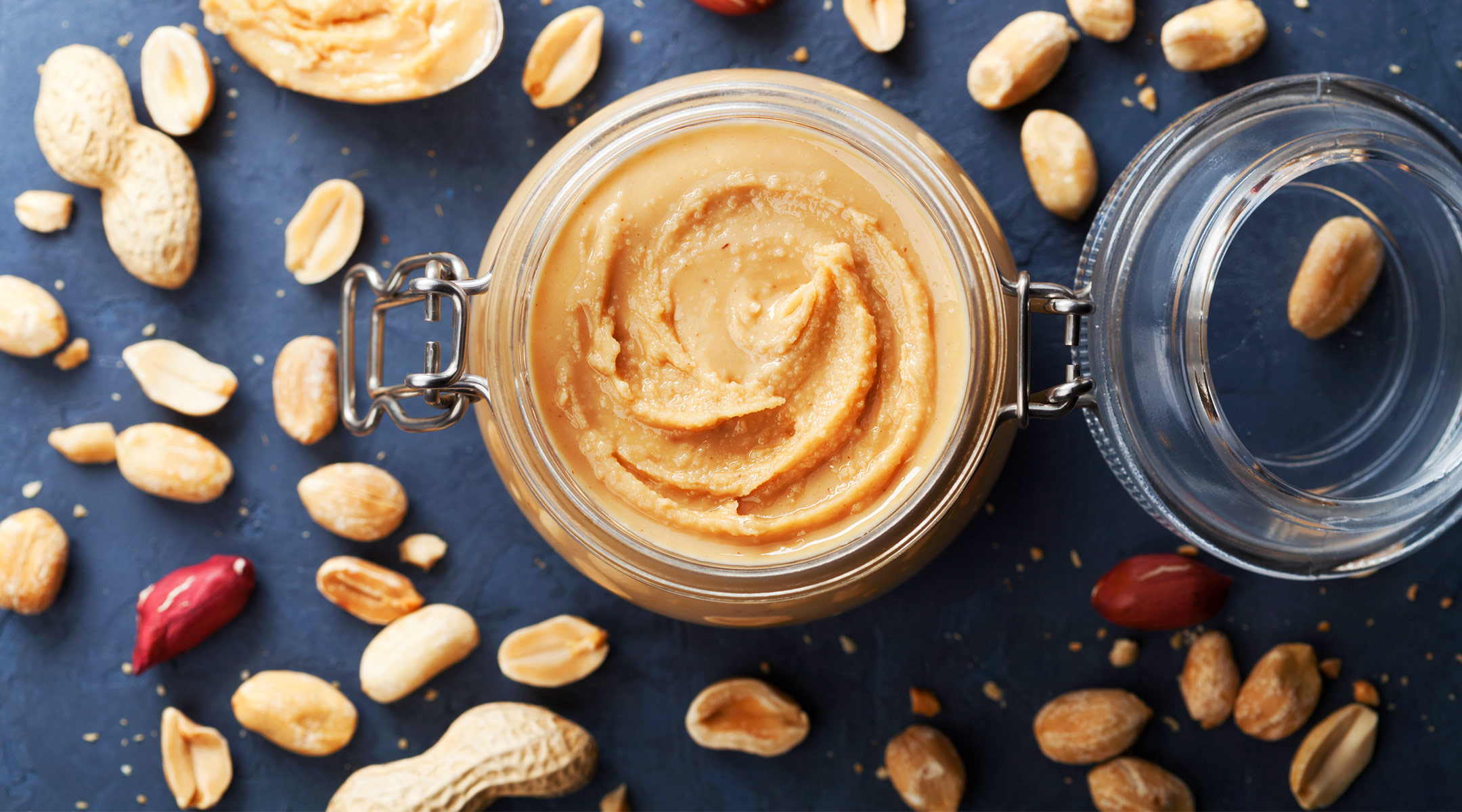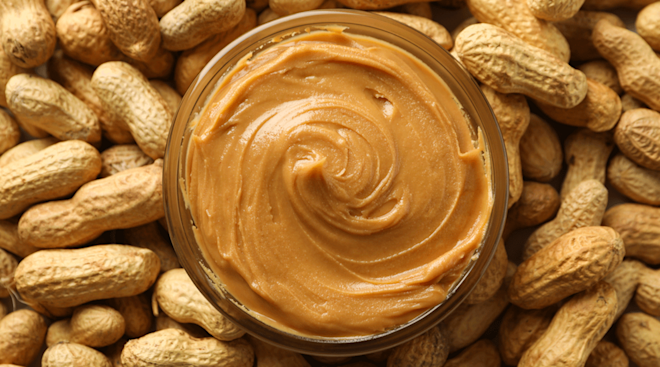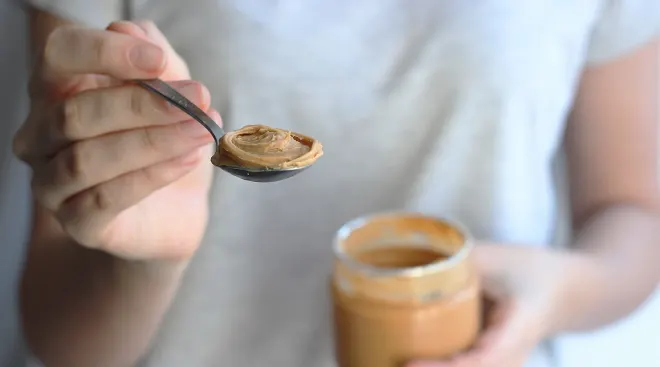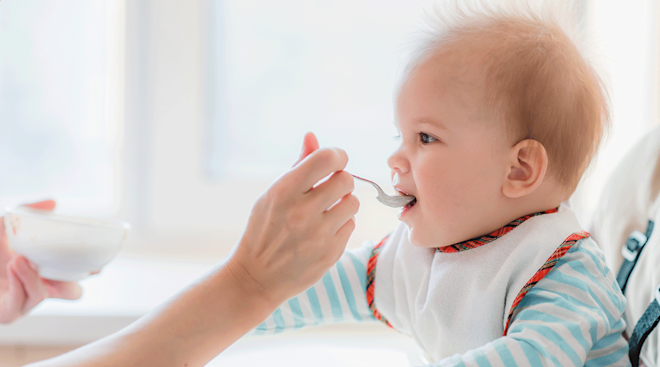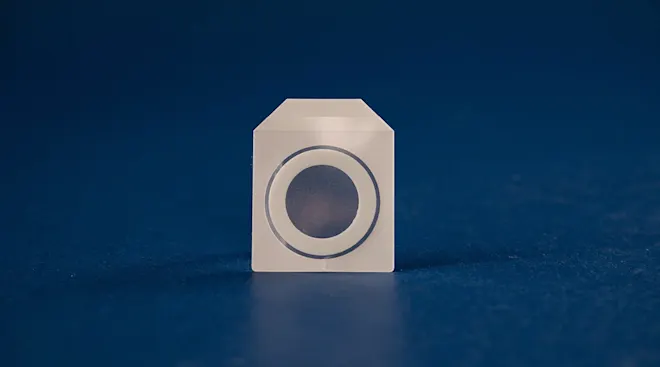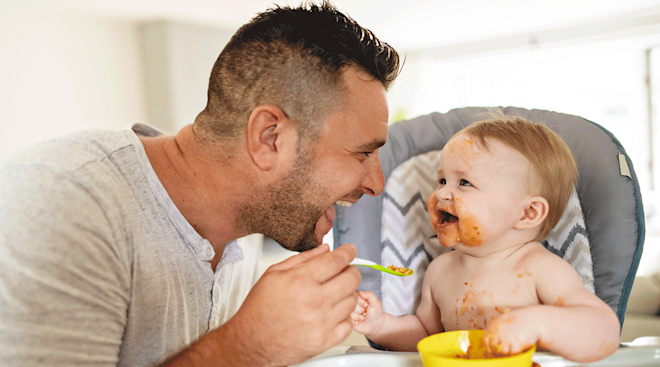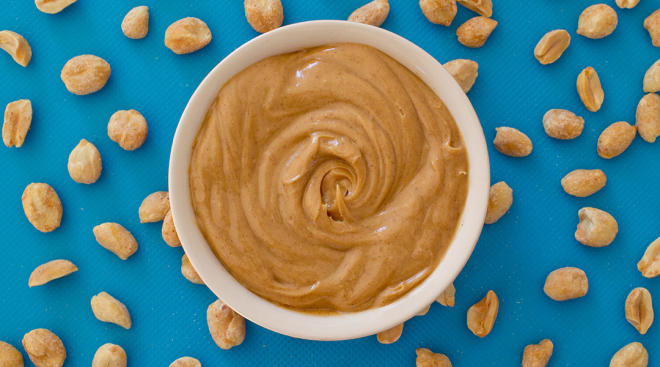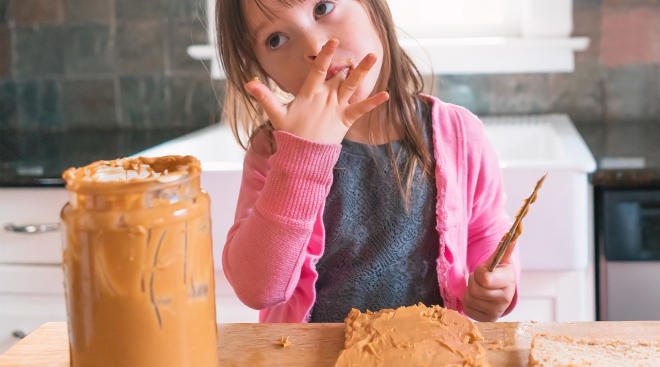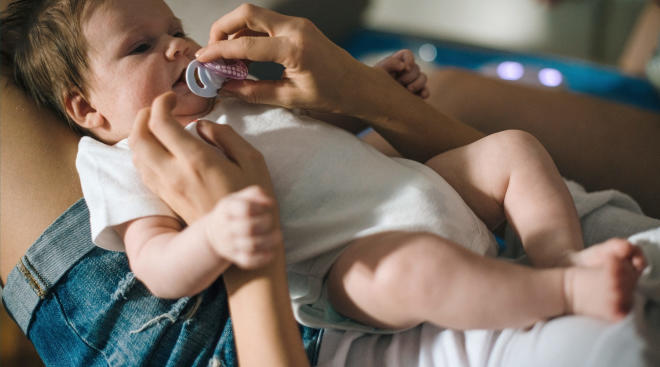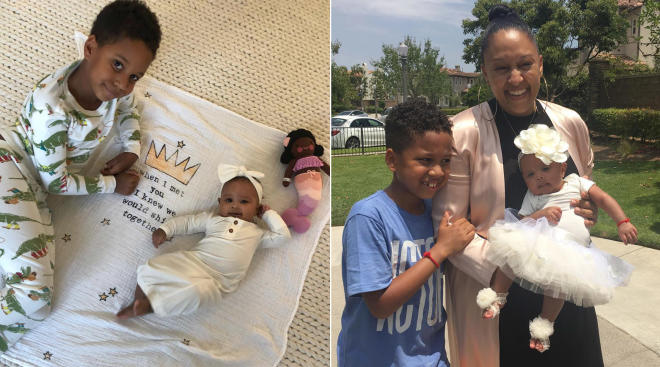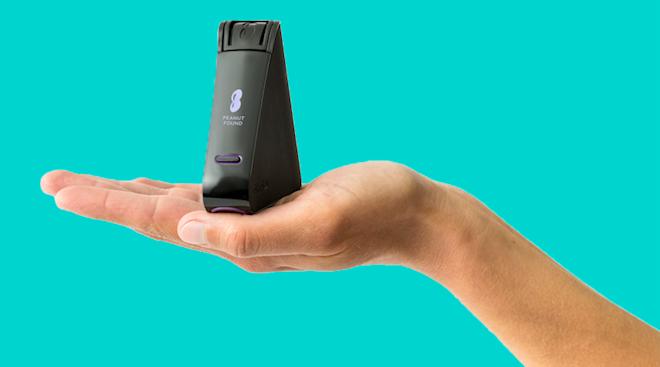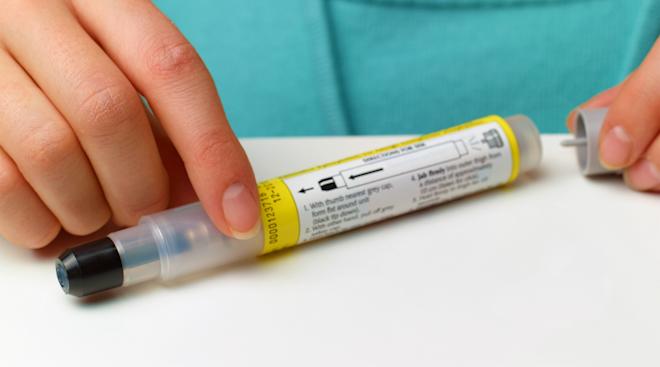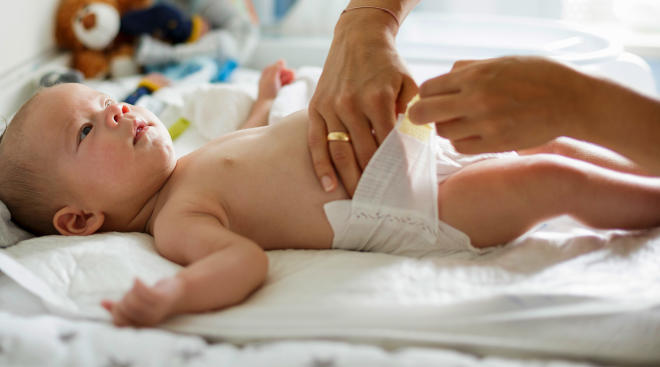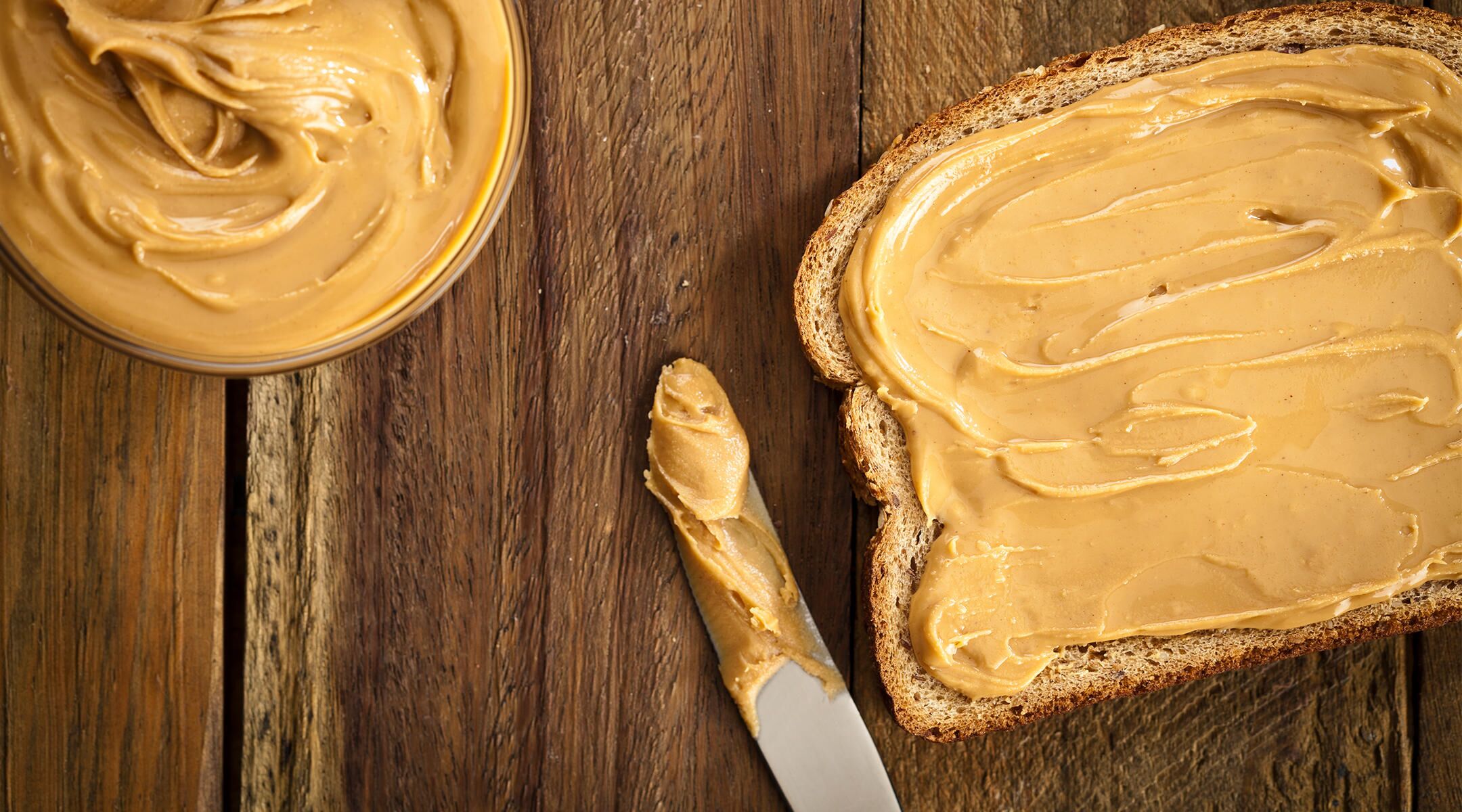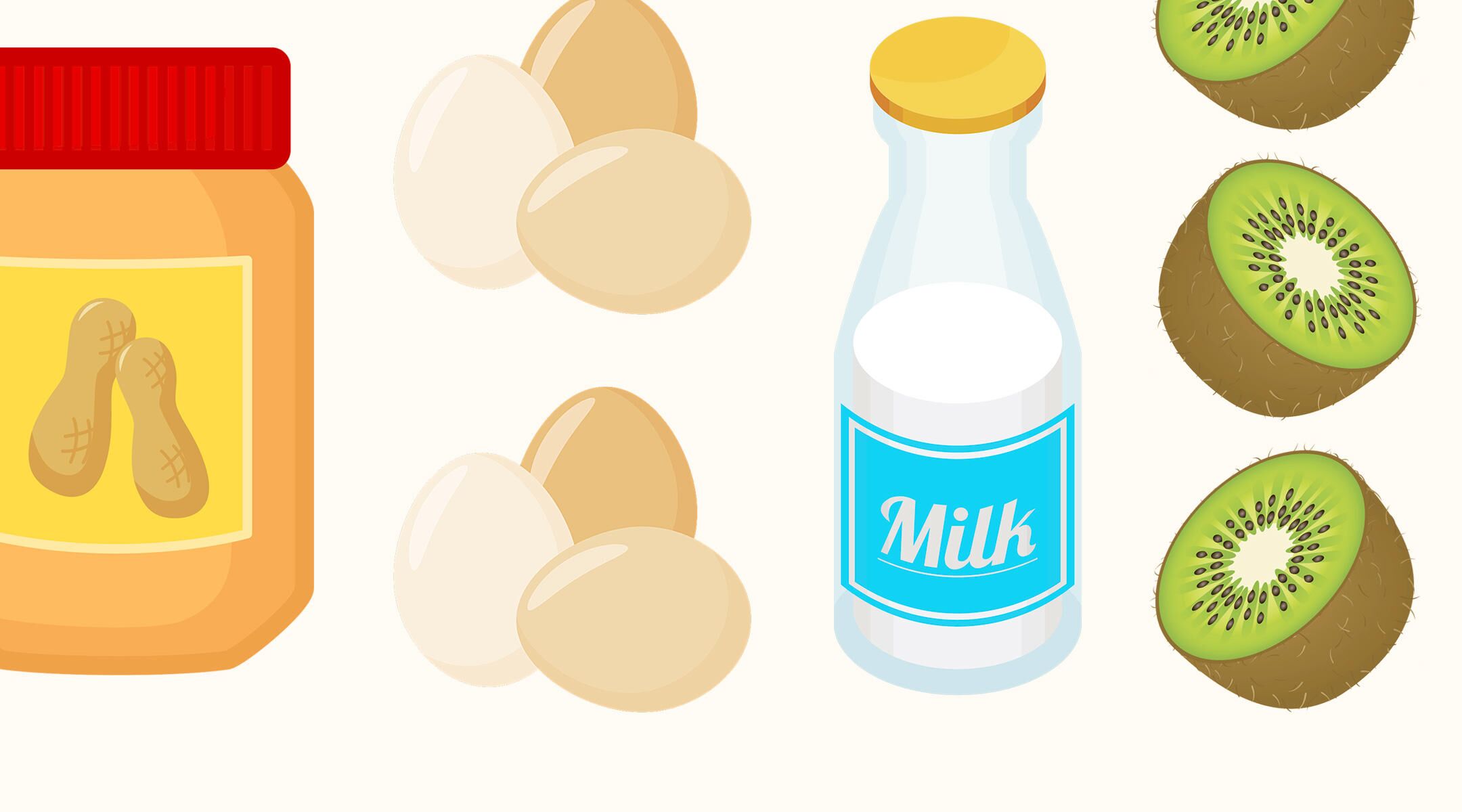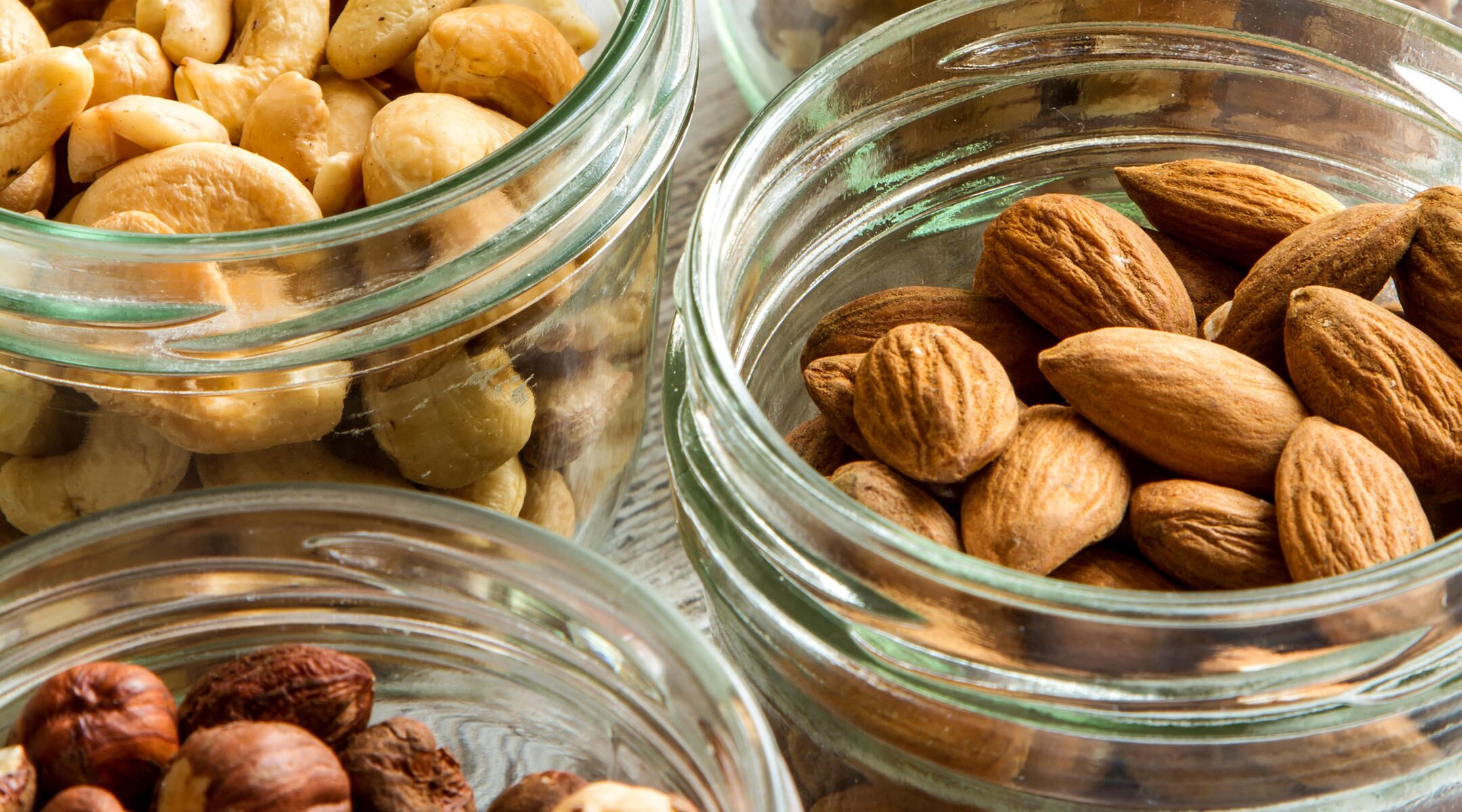New Treatment May Provide Much-Needed Protection From Peanut Allergies
As any parent who has kids with peanut allergies knows, you have to be extremely vigilant, all the time. Even when kids are old enough to know to avoid peanuts and other potentially unsafe food, there’s always the possibility of accidental exposure. The consequences can be anything from itchiness and hives to abdominal pain and anaphylactic shock, which is terrifying for a parent to think about. But a new study is offering up hope for preventing severe allergic reaction.
Edwin Kim MD, an assistant professor of medicine at the UNC School of Medicine, has two children with nut allergies and knows how scary it can be for parents. He led the research on this sublingual immunotherapy (or SLIT), which helps desensitize the immune system to larger amounts of peanut protein. The process involves putting a miniscule amount of liquefied peanut protein under the tongue, where it’s absorbed immediately into the bloodstream. Doctors begin with very small amounts, then increase slowly over time.
But Kim cautions that even in a best-case scenario, this isn’t going to cure anyone’s allergies. “The main idea beyond immunotherapy is not for kids to be able to eat peanut butter and jelly sandwiches,” he said in the report. “It’s to keep them safe from the small hidden exposures that could occur with packaged foods, at restaurants, and with other food exposures.” He explained that a severe allergic reaction can be triggered by just 100 mg of peanut protein. For context, one peanut kernel contains about 300 mg.
There have been some minor side effects with SLIT, but nothing harmful: The most common one was itchiness around the mouth, which lasted about 15 minutes and didn’t require any treatment. The study was done over a period of several years, and the minor side effects didn’t scare off any of the participants. “SLIT participants tolerated between 10 and 20 times more peanut protein than it would take for someone to get sick,” Kim said. He and his team are also studying SLIT in kids ages 1 to 4, because data suggests younger kids have a stronger, more lasting benefit to immunotherapy.
"We focus on the idea that there is no one perfect drug for food allergy,” he cautioned. “There will have to be a lot of shared decisions between physicians, patients and parents about what method of treatment is best for each patient.”
While he doesn’t think this is going to help everybody, he believes it will help some, and to worried parents, this could be very welcome news.
Please note: The Bump and the materials and information it contains are not intended to, and do not constitute, medical or other health advice or diagnosis and should not be used as such. You should always consult with a qualified physician or health professional about your specific circumstances.
Navigate forward to interact with the calendar and select a date. Press the question mark key to get the keyboard shortcuts for changing dates.
































